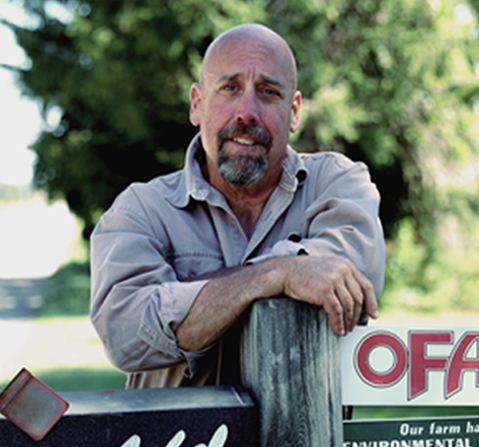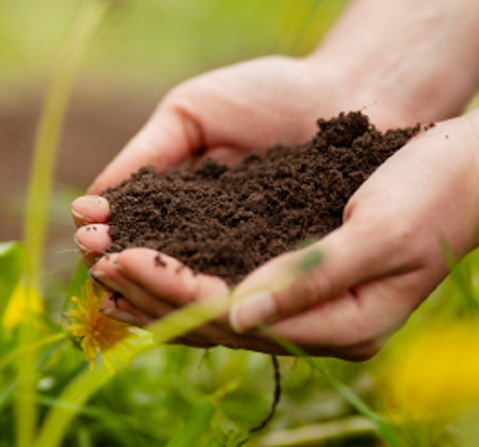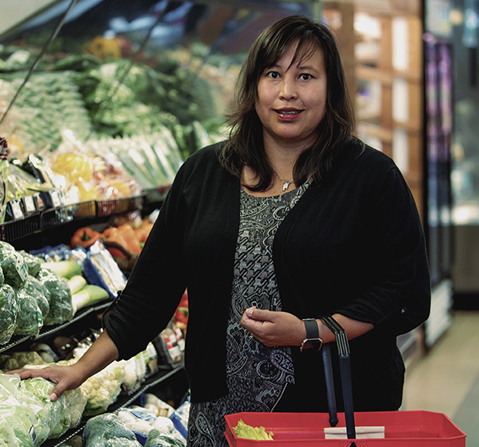Highfield Regenerative Farm’s holistic approach to growing crops
Land has a lot to say. It’s easy to overlook, but land—particularly farmland—has a funny way of preserving a dormant voice. Farmers Mike Dorion, Jack Goodwin, Jay Fish and Jeremy Zoller listened to the story of an unassuming urban plot. Through their stewardship and the wise words of nature, that unassuming piece of land received a new lease on life and got back to doing what it does best: providing for the community.
Neglected roots
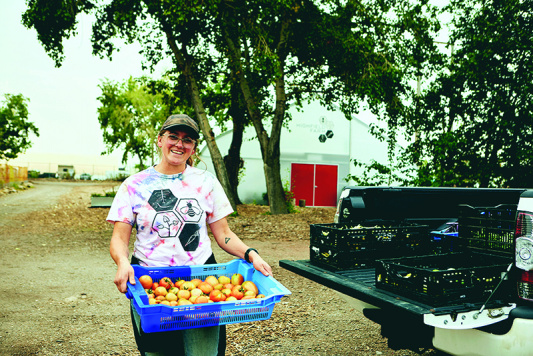
Over the last decade, a 15-acre plot in Calgary’s Highfield neighbourhood had become home to overgrown weeds, unauthorized dumping and storage for the city. The land still had potential to thrive, though. It just needed a little help.
Mike, Jack, Jay and Jeremy knew the plot could be something extraordinary. Answering a call for proposals from the City of Calgary, they were inspired to create an urban farm that focused on regenerative agriculture, an inherently Indigenous agricultural practice.
For thousands of years, Indigenous Peoples in Canada have been using various environmentally friendly growing methods to feed their communities. While different Indigenous communities have developed farming methods specific to their crops and location, they share a common approach: protecting the gifts of their land while growing food to feed their people.
Together, the four friends hoped that if they applied those same philosophies and considerations to the current lot, it would one day produce food for the community of Highfield.
A regenerative dream team

There was a natural cohesion between the four friends. Mike was the compost connoisseur, having spent years learning about soil biology. Jack was the community connection, using his networks to increase food access in vulnerable areas. Jay was the jack-of-all-trades, bringing his expertise in landscaping and how earth works. And Jeremy was the gardener, growing food anywhere he can plant a seed.
Beyond simply cleaning the lot, the team’s combined expertise, its focus on regenerative agriculture and a partnership with the Compost Council of Canada led to the founding of Highfield Regenerative Farm in 2019. A farm in the heart of the city!
The farm has been a big success and has rejuvenated both the plot of land and the entire community. In 2021, they donated 98% of their 900 kilograms of crops to homeless shelters and food banks and are already predicting higher numbers in the future. They’ve even installed a greenhouse to continue production and community gardening throughout the winter.
Reviving the land and preserving it for future generations is no easy task. The founders, workers, and volunteers at Highfield learn new things about their practices every day. It’s a group effort—one that they all embrace with appreciation and understanding. After all, isn’t that what the land deserves?

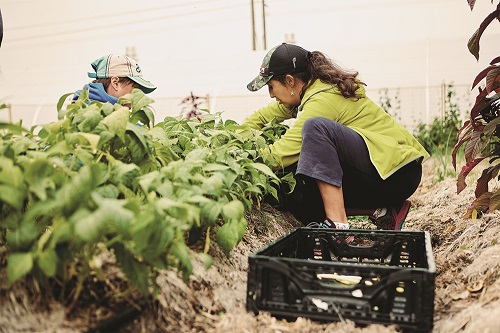
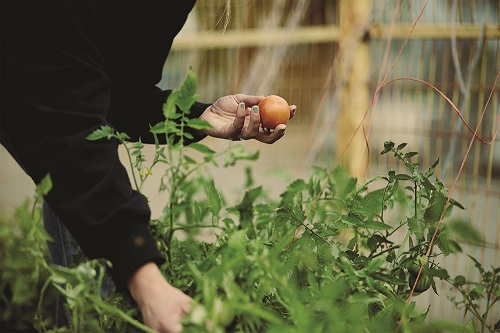

What is regenerative agriculture?
Reflecting farmers’ strong focus on conserving and enhancing the natural environment. Regenerative agriculture considers every aspect of the land’s ecological system, from the soil, to the water, to the diversity of plant life, ensuring every part of the ecosystem is healthy and working well together. It also improves biodiversity and increases the land’s resilience to climate change.
